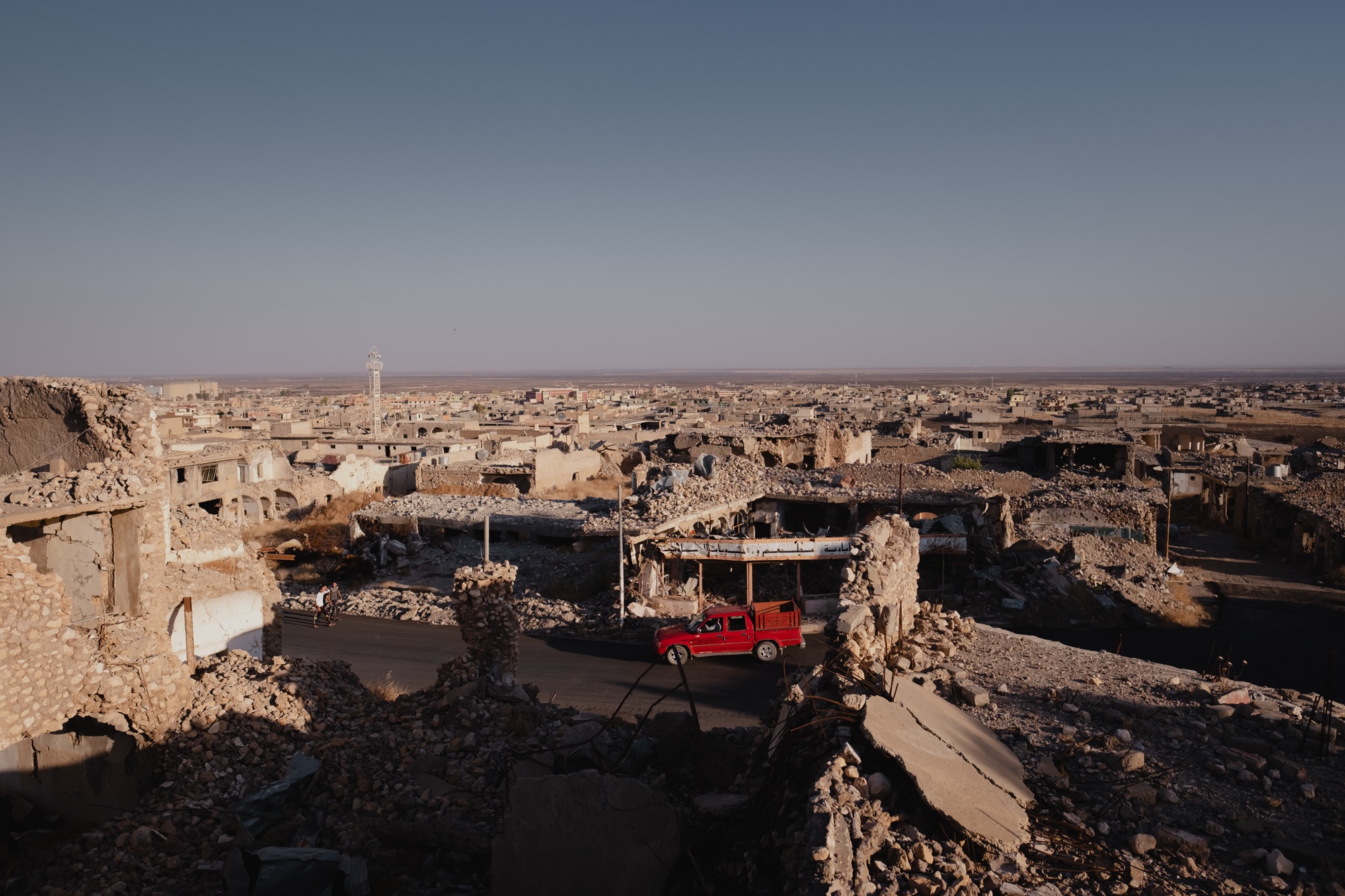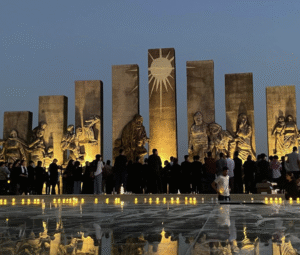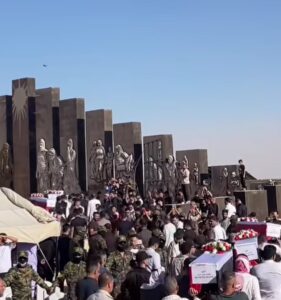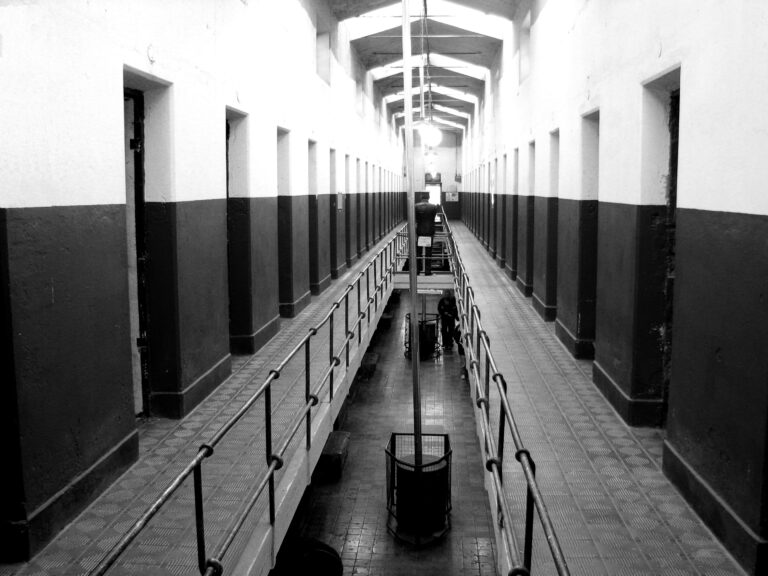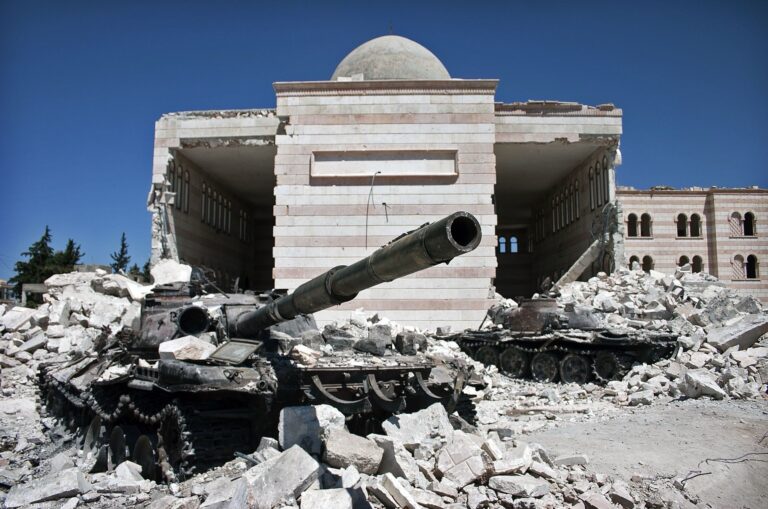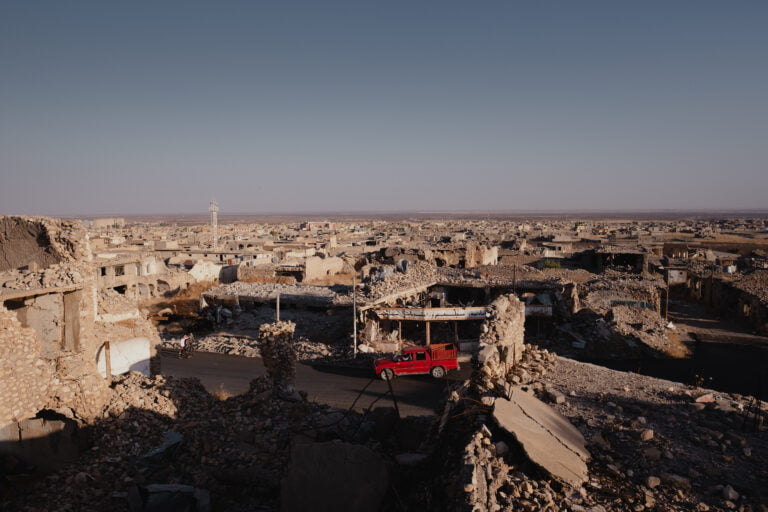On 31 July, Mohamed Al Hassan, head of the UN Assistance Mission for Iraq (UNAMI), stood in front of displaced Ezidi families in a camp in Duhok and said that the United Nations is “working diligently” to implement the so-called Sinjar Agreement — and then, without shame, admitted there is no timeline for their return home.
Let us be absolutely clear: When a senior UN official says “no timeline,” he is saying: ‘You might die here.’
That is the message you send to a displaced people when you talk about “frameworks” and “cooperation” but refuse to commit to a single deadline after 11 years of genocide, suffering, and homelessness.
If you have no timeline, you have no plan.
If you have no plan, you are not “working diligently.”
You are simply managing the suffering — keeping things quiet, while hundreds of thousands of Ezidis rot in tents for another decade.
This is not “support.” This is institutional complicity in abandonment.
1. The Sinjar Agreement Is a Political Deal — Not a Solution
The 2020 Sinjar Agreement was signed between Baghdad and the Kurdish Regional Government.
Ezidis were not invited. Ezidi leaders were not empowered. And since the day it was signed, nothing has changed:
No real reconstruction. No safe return. No real governance. No justice.
Ezidis are still stuck in camps. The schools in Sinjar are still destroyed. The roads are still in pieces. And armed groups — both local and foreign — still control the region.
So when Mohamed Al Hassan talks about “creating the right environment,” we ask: for who?
Because it clearly isn’t for the Ezidi people.
2. The Kurdish Authorities Want More Ezidis Trapped in Camps for Political Gain
The real reason Ezidis are not returning home is simple: votes.
The ruling Kurdish parties in Duhok and Erbil don’t want Ezidis to go back to Sinjar, because as long as we remain in their territory, we boost their population numbers and voting base.
They want us close, but not free. Controlled, but not heard.
That’s why they block reconstruction efforts. That’s why Ezidi-led initiatives are shut down. That’s why Ezidis who speak up are watched, harassed, or arrested.
Let us say it without hesitation:
The Kurdish leadership is deliberately holding Ezidis in a state of engineered displacement for political purposes.
That is not protection — that is manipulation.
3. Baghdad Has Let Sinjar Collapse — Then Walked Away
The central Iraqi government is just as guilty.
It signed the Sinjar Agreement, smiled for the cameras, and then walked away. Since then, it has:
Failed to allocate serious funds for reconstruction Failed to defend Sinjar from armed interference Failed to protect the rights of the Ezidi people
If Iraq is “stable,” as Al Hassan says, then why is Sinjar still in ruins?
Why are Ezidi survivors still in tents, with no electricity, no water, and no schools?
Why has not one major ISIS collaborator been sentenced for genocide by an Iraqi court?
The truth is, Baghdad abandoned Sinjar — and the Ezidi people have paid the price.
4. The UN Is Covering Up Failure, Not Fixing It
The United Nations says it’s “working diligently.” But where is the proof?
Has Sinjar been rebuilt? No. Have Ezidis returned in large numbers? No. Has the genocide been fully recognized and prosecuted? No.
The UN continues to prop up the Sinjar Agreement — a dead document that never had legitimacy among Ezidis — while ignoring the power games that are destroying our future.
And then, as if that wasn’t insulting enough, the head of UNAMI says he has no timeline.
Imagine telling survivors of genocide, who have been displaced for over a decade:
“We don’t know when — or if — you can go home.”
That is not neutrality. That is cowardice. That is diplomatic whitewashing of injustice. That is how genocides are forgotten — not by bullets, but by silence and delay.
5. Ezidis Are Not Waiting Anymore
We have waited for:
Baghdad to act and the UN to help
We are done waiting. We are not political pawns. We are not a humanitarian problem.
We are a people with rights, with a homeland, with a voice.
And we are saying this now — loudly and clearly:
The Sinjar Agreement is dead. It has achieved nothing. The Kurdish parties must stop using us for political gain. Baghdad must immediately fund and enforce Ezidi-led return to Sinjar. The UN must stop pretending and start protecting — or get out of the way.
Final Words to Mohamed Al Hassan:
You stood in a camp full of genocide survivors and told them there is no timeline for when they can go home.
We hope you remember that moment — and understand the shame of it.
You did not bring them hope.
You brought them an excuse.
But Ezidis don’t need more excuses.
We need our land.
We need justice.
We demand our future — now.
